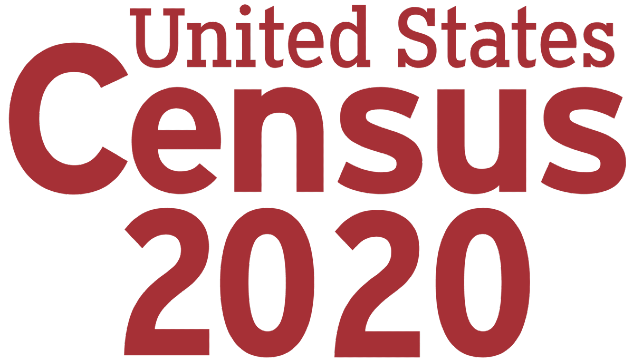Every ten years, the Constitution of the United States says that there has to be an enumeration of all the persons living in the United States, a census. The census is in the Constitution because in order to allocate Representatives to the U.S. House of Representatives, the number of persons living within the United States needs to be known. Representatives to Congress are allocated by how many people live within a district. Current law sets the amount of representatives to Congress as 435. So, every ten years, districts need to be redrawn in order to accommodate the changes in population. According to Title 13 of U.S. Code, the official count date for the 2020 census is April 1, 2020.
Obtaining the most accurate count of people is important not only for your representative in congress. It also affects federal and Michigan programs that rely on accurate census data. Medicaid, welfare, highways, FHA loans for homes, and Medicare Part B insurance are a partial list of programs affected by the census. These programs use complicated formulas for providing funding, but the formulas all have one fundamental aspect to them: if the total amount of people that qualify for programs are undercounted, it means that those people will be the most adversely affected by that undercounting.
For example, SNAP (formerly Food Stamps) relies on an accurate count of people that make less than 133% of poverty ($34,248 for a family of 4). If a state like Michigan undercounts that population, the amount Michigan receives in SNAP benefits for distribution to eligible people will be cut by Washington, D.C. because those people were not counted.
Medicaid may be the most affected by an undercounting of people in a state. Reimbursement rates are calculated by per capita income. If a state’s poor population is undercounted, the rate of reimbursement is reduced. This means less money available for Medicaid in Michigan.
The census is important not only for an accurate count of people that live in the United States, but proper representation in Congress and programs that rely on an accurate count.












